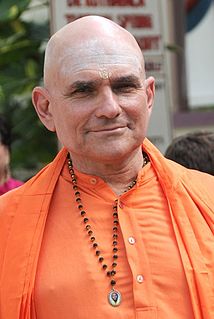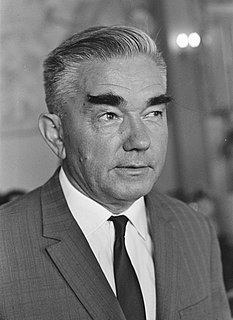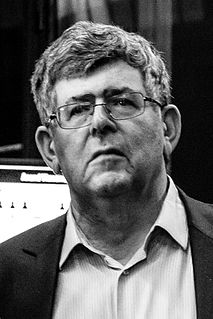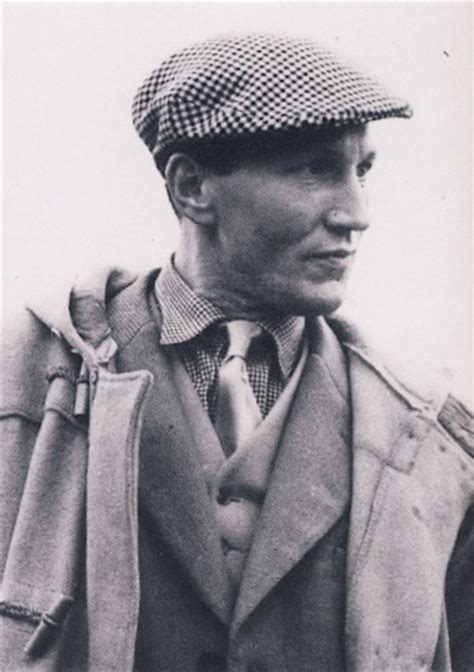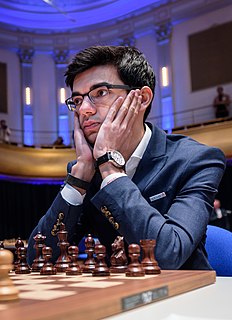A Quote by Shankarananda
It may look as though two chess players are sitting at the board peacefully calculating possibilities, but in actuality they are seething with a kaleidoscope of emotions.
Related Quotes
The Possibilities in racing tactics are almost unlimited, as in a game of chess, for every move there is a counter, for every attack there is a defense.... The runner's greatest asset, apart from essential fitness of body, is a cool and calculating brain allied to confidence and courage. Above all, he must have a will to win.
Chess, which exists predominantly in two dimensions, is one of the world's most difficult games. Three-dimensional chess is an invitation to insanity. But human relationships, even of the simplest order, are like a kind of four-dimensional chess, a game whose pieces and positions change subtly and inexorably between moves, whose players stare dumbly while their powerful positions deteriorate into hopeless predicaments and while improbable combinations suddenly become inevitable. To make matters worse, some games are open to any number of players, and all sides are expected to win.
